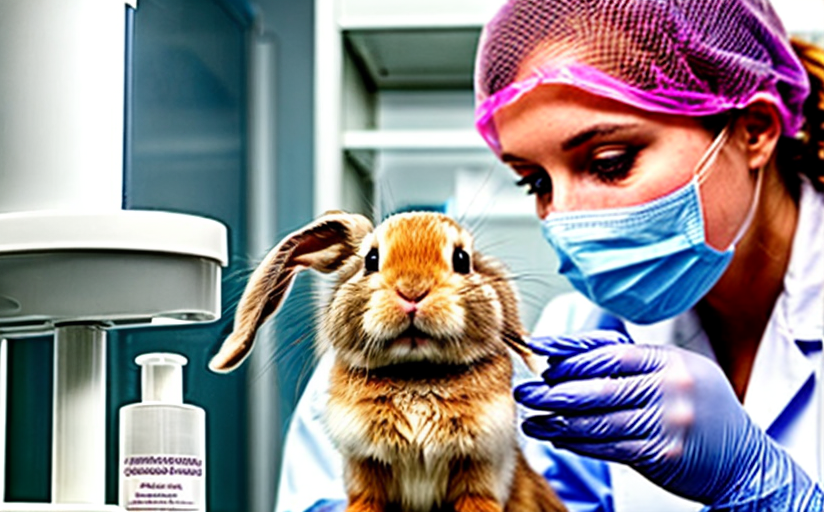Animal Testing in The Cosmetics Industry: An In-Depth Overview
Historical Background of Animal Testing
Animal testing in the cosmetic industry dates back to the 1940s when it was commonly acknowledged as the most effective way of testing the safety of products intended for human use. During this era, there were numerous cases of cosmetics causing detrimental health effects such as skin irritations, blinding effects, and even cancer. This impelled beauty companies to resort to animal testing to ascertain the safety of their products before launching them into the market.
Ethical Implications
Despite its historical relevance, animal testing sparks controversy due to its ethical implications. Many decry this practice as inhumane, arguing it causes unnecessary suffering to animals. Critics further argue that animals possess an inherent right to life and are entitled to considerate treatment and protection from suffering, fronts on which animal testing gravely transgresses.
Pros and Cons of Animal Testing
Pros:
- It ensures that products are safe for human use.
- Animals are considered to be good research subjects due to their biological similarities with humans.
Cons:
- It causes unnecessary suffering to animals.
- Results obtained from animal tested subjects may not necessarily be applicable to humans.
Current Status of Animal Testing Worldwide
Despite the widespread criticism, some cosmetics companies still engage in animal testing. Often, their arguments hinge on the necessity for thorough safety assessments, especially when introducing new products or ingredients. However, many countries like those in the European Union, Norway, Israel, and India have implemented bans on animal testing for cosmetics and the sale of cosmetics tested on animals.
Public Opinion
Various polls and surveys indicate a growing global consensus against animal testing. The majority are in favor of laws prohibiting this practice within the cosmetics industry and urge companies to explore more ethical alternatives.
Alternative Testing Methods
Companies opposing animal testing have turned to cutting-edge alternatives. They use methods like in-vitro testing, computer modeling, and studies with human volunteers. Latest technologies such as organs-on-chips also offer great promise. These methods not only eradicate ethical qualms associated with animal testing but seem to be as effective and reliable.


















Comments
Leave a Comment